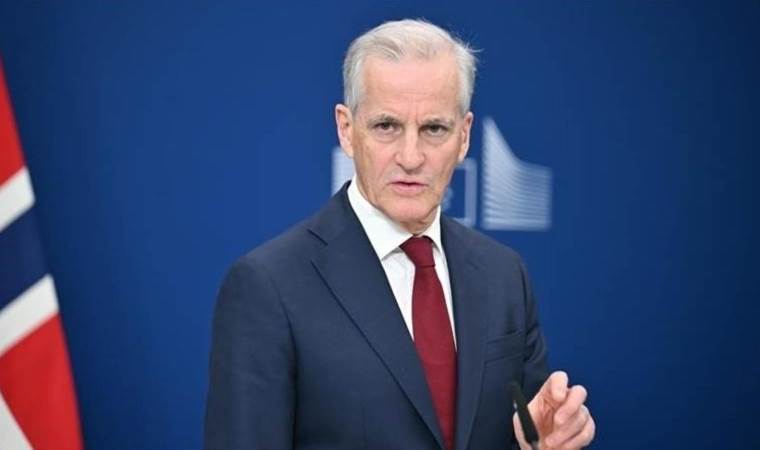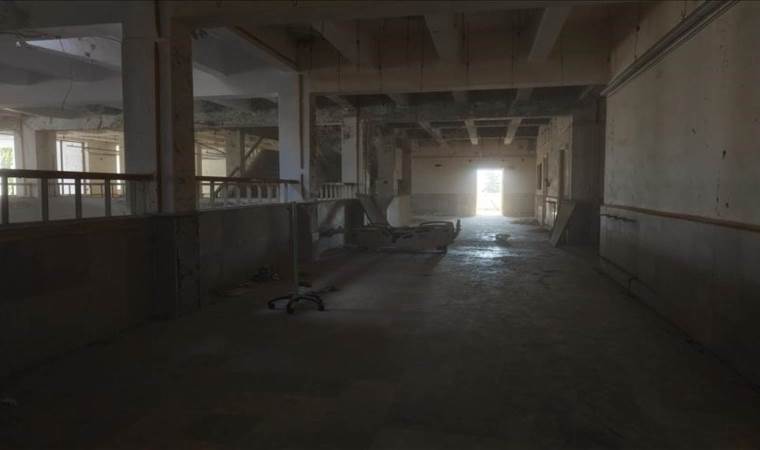German physicist's startling discovery: 'We live in a Matrix-like simulation'
Dr. Melvin Vopson, a lecturer at Portsmouth University, has been making waves since 2022 with his research, aiming to prove the simulation theory. This theory, reminiscent of the sci-fi classic 'The Matrix,' suggests that we all live in a computer simulation.
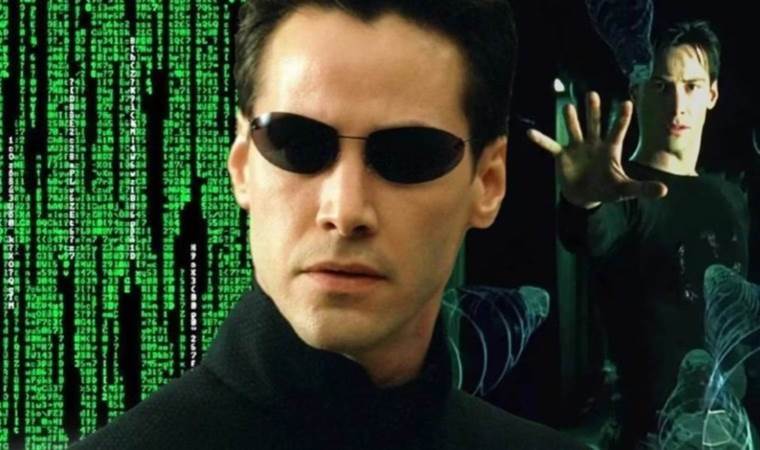
In 'The Matrix,' Morpheus offers Neo, played by Keanu Reeves, a chance to learn the truth, saying, "The Matrix is everywhere; it's all around us, here even in this room."
He was referring to the simulation theory the movie is based on, suggesting that life and everything we see is merely a 'collection of mathematical operations.'
Is the entire universe just a 'reflection of advanced virtual reality'?
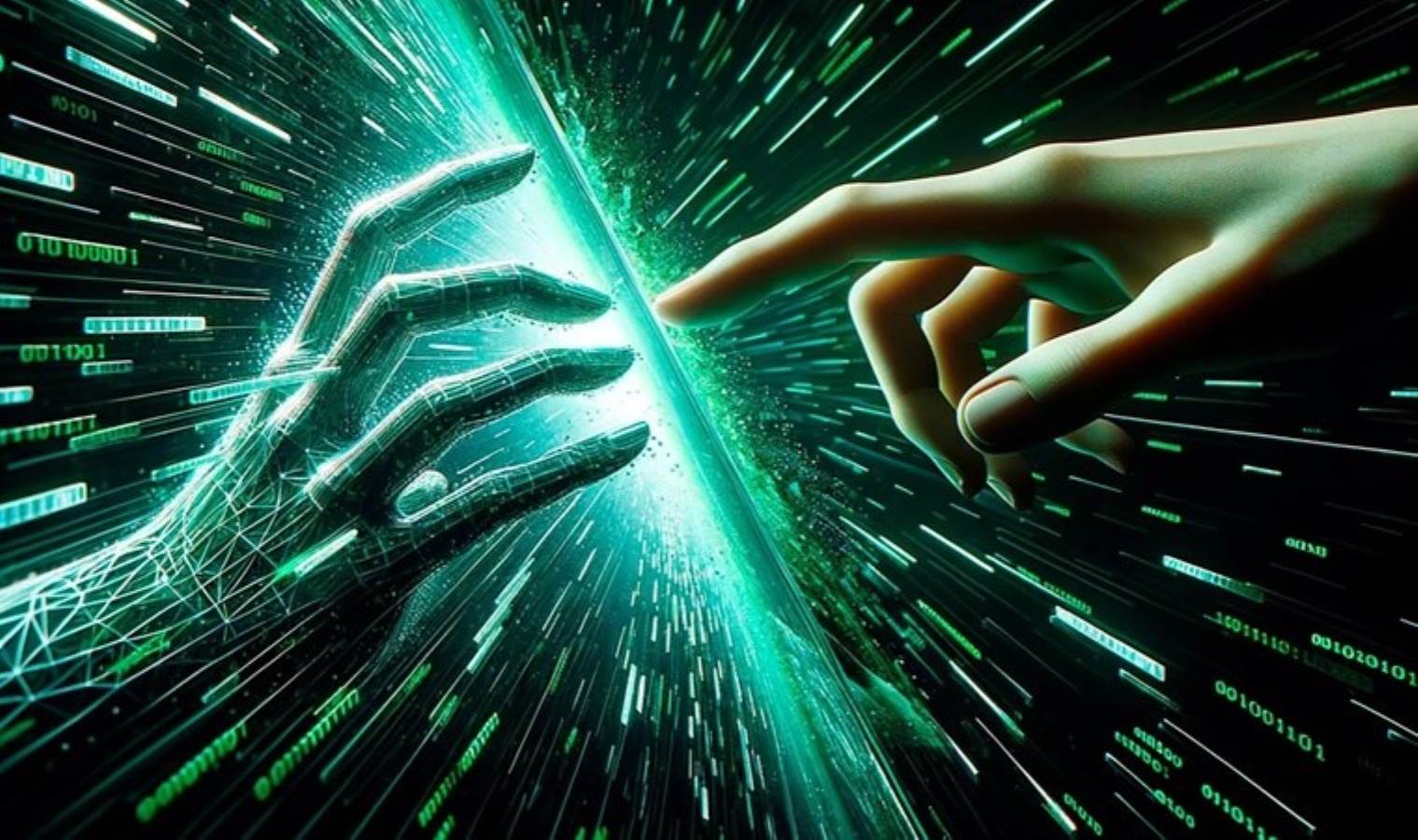
THE PHYSICAL MASS OF INFORMATION
Driven by this question, scientists and philosophers like Dr. Melvin Vopson, working in the field of information physics (Info Dynamics), are making groundbreaking claims.
While physicists propose that 'physical reality is made up of information particles,' Dr. Vopson takes it a step further by asserting that 'information has a physical mass and is a fundamental building block of the universe.'
Should he prove this, it would mean that the mysterious dark matter, constituting a third of the universe and visible as dark space, is made up of these information particles.
"LIKE CHROMOSOMES IN DNA..."
In his previous research, Dr. Vopson suggested that 'elementary particles,' the smallest building blocks of the universe, carry information about themselves, much like our DNA carries chromosomes.
In 2022, Dr. Vopson proposed the second law of information physics. This law states that in an independent universe, entropy, known as the degree of disorder or randomness, will either remain constant or decrease over time.
In other words, as the system becomes less chaotic, this orderliness is not due to chance but is maintained by a governing mechanism.
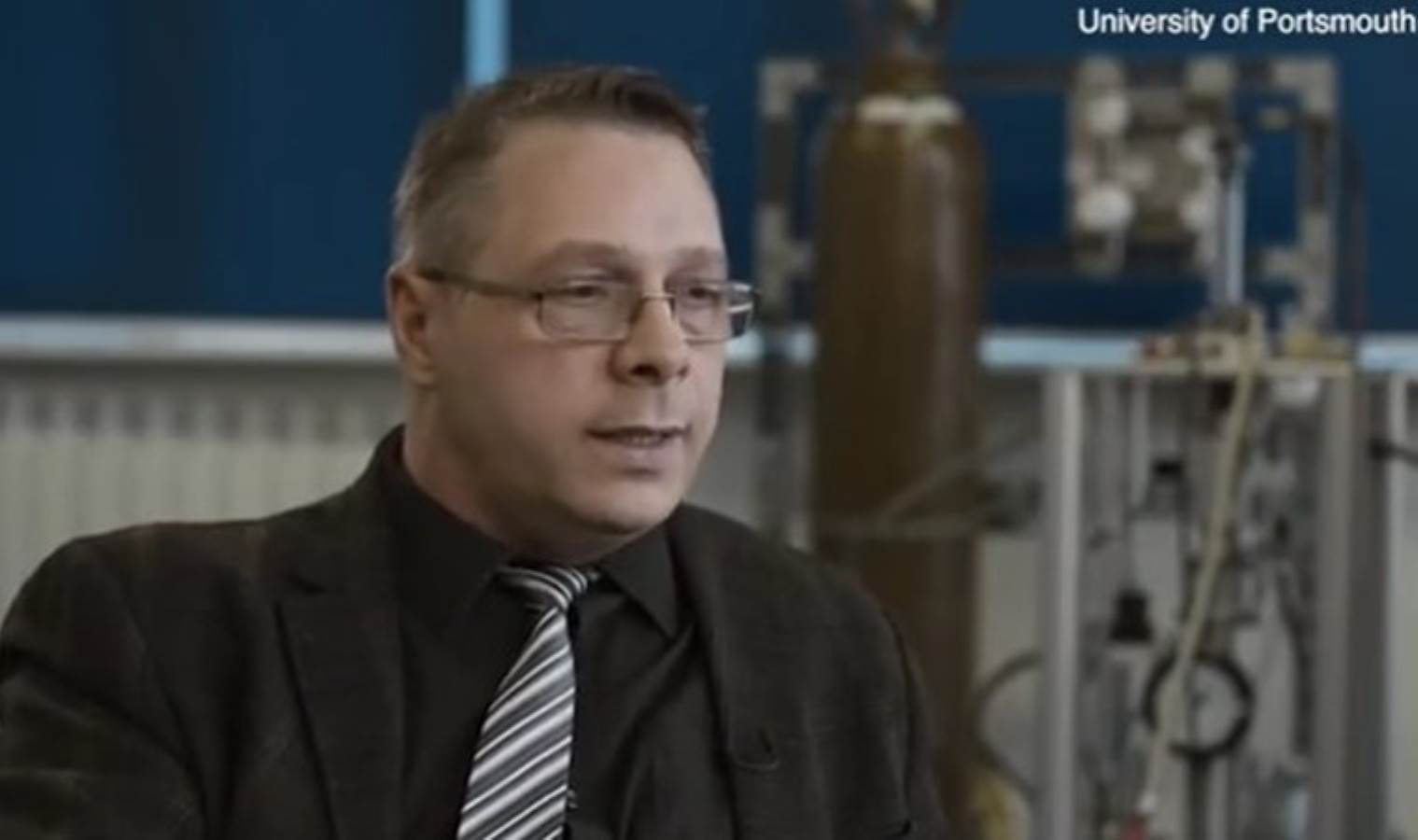
THE SCIENTIFIC EXPLANATION OF SYMMETRY
In discussing his findings, Dr. Vopson said, "I knew back then that this discovery would have extensive implications across various scientific disciplines. My next step was to test the law and see if it transcends philosophy to contribute to mainstream science."
The physicist then began testing his theory, working in genetics, cosmology, and even symmetry. In these studies, he found that the omnipresent symmetry in the universe (like in facial structures, snowflakes, and beehives) could be explained by the second law of information physics.
"INFORMATION IS THE FIFTH STATE OF MATTER"
In one of his articles, Dr. Vopson stated, "Symmetry principles play a significant role in the laws of nature, but there hasn't been much explanation of how they occur. My discoveries show that high symmetry corresponds to a state of low information entropy, explaining why nature might be inclined towards it."
In simpler terms, Vopson says, "Nature prefers everything to be as orderly as possible," adding, "This approach is akin to a computer using its storage space efficiently without increasing power consumption..."
Ultimately, Dr. Vopson's discovery supports the idea that "we live in a simulation" and provides an explanation for the symmetry in nature, answering the age-old question of what information is as "Information is the fifth state of matter."
WHAT IS SIMULATION THEORY?
Simulation theory posits that our universe and the reality we experience are simulations created by an advanced civilization. This theory is particularly discussed in science, philosophy, and technology fields.
Its key points are as follows:
Simulation theory proposes that our reality is a computer simulation, meaning the universe we perceive and our experiences are occurring in an artificially created environment generated by a computer.
The theory forecasts that technological advancement will eventually reach a point where it can create simulations that fully replicate the experiences of conscious beings.
If such technology is possible, how can we determine or deny that we are living in such a simulation?
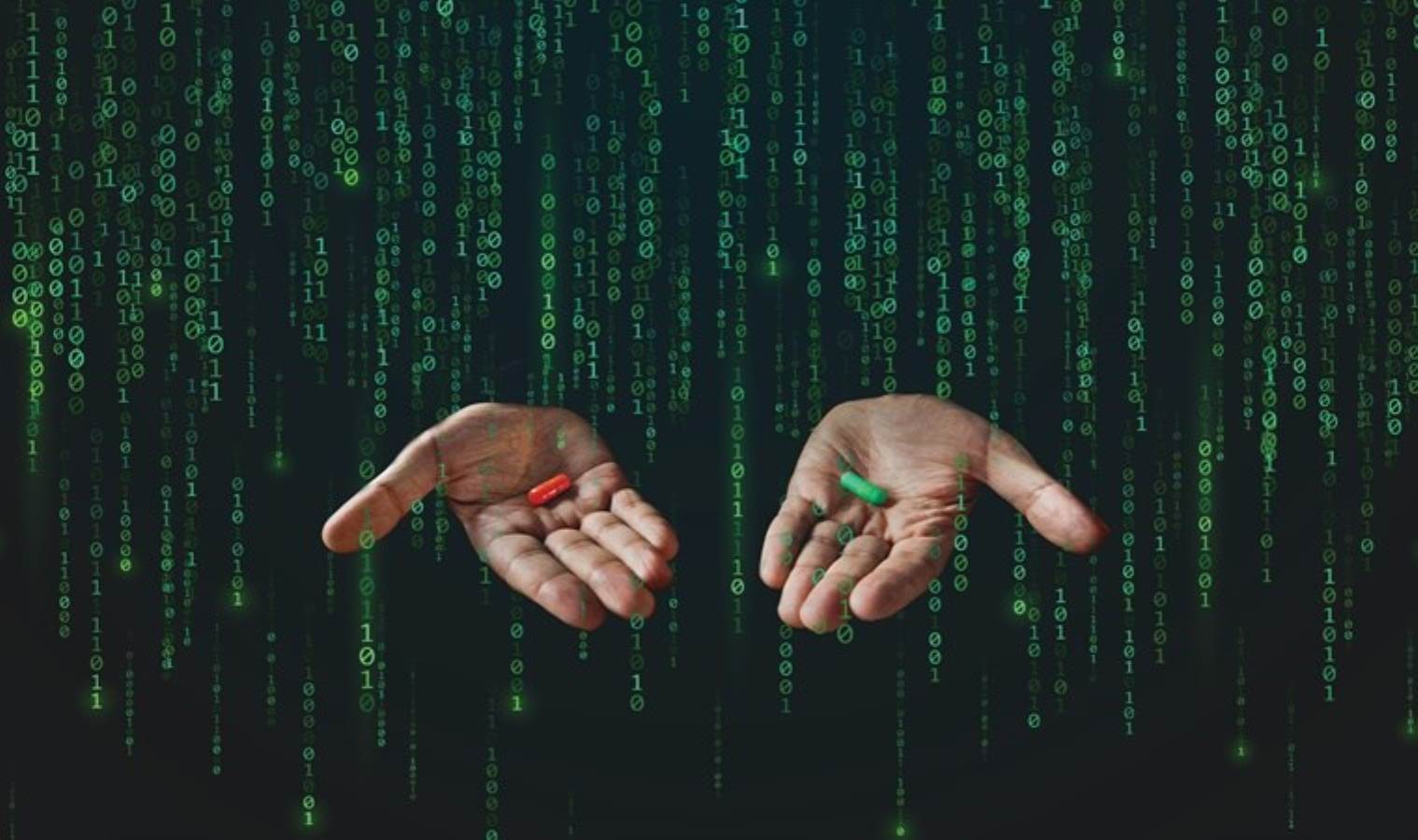
PHILOSOPHICAL ROOTS
Simulation theory, similar to Plato's allegory of the cave and Descartes' "evil demon" scenario, is based on questioning our perception of reality.
Philosopher and Oxford University professor Nick Bostrom popularized this topic in a 2003 paper, suggesting that future civilizations would have the desire and capacity to simulate their ancestors.
Bostrom considers several possibilities: "Either humanity will go extinct before achieving the capability to create simulations, will have no interest in creating them, or we are already living in a simulation."
Simulation theory is a subject of both scientific and philosophical debate. While some scientists and philosophers argue that it is not a testable hypothesis and therefore not scientific, others believe that this idea can help us question some of our fundamental understandings of reality.
ARTIFICIAL INTELLIGENCE
Simulation theory is closely related to artificial intelligence and the concept of 'technological singularity' – the point where technological development becomes uncontrollable.
This includes the idea that future superintelligent AIs might have the ability to create their simulations.
Simulation theory challenges the boundaries of modern thought and has led many to grapple with philosophical and existential questions.
Most Read News
-
 Paris prosecutor’s cybercrime unit launches search into
Paris prosecutor’s cybercrime unit launches search into
-
 Norwegian premier rejects Trump’s claim that US gets not
Norwegian premier rejects Trump’s claim that US gets not
-
 Syria, UN sign deal to rehabilitate 5 hospitals across v
Syria, UN sign deal to rehabilitate 5 hospitals across v
-
 NATO chief says allied forces will deploy to Ukraine 'in
NATO chief says allied forces will deploy to Ukraine 'in
-
 Israeli army uproots 200 grapevines in occupied West Ban
Israeli army uproots 200 grapevines in occupied West Ban
-
 Norway's crown princess invited at least twice to Epstei
Norway's crown princess invited at least twice to Epstei
-
 Lithuanian president warns of risks in ‘overly close’ ti
Lithuanian president warns of risks in ‘overly close’ ti
-
 WHO: 5 Gaza patients evacuated through Rafah crossing on
WHO: 5 Gaza patients evacuated through Rafah crossing on
-
 Trump sees early progress on Russia-Ukraine war as US ju
Trump sees early progress on Russia-Ukraine war as US ju

